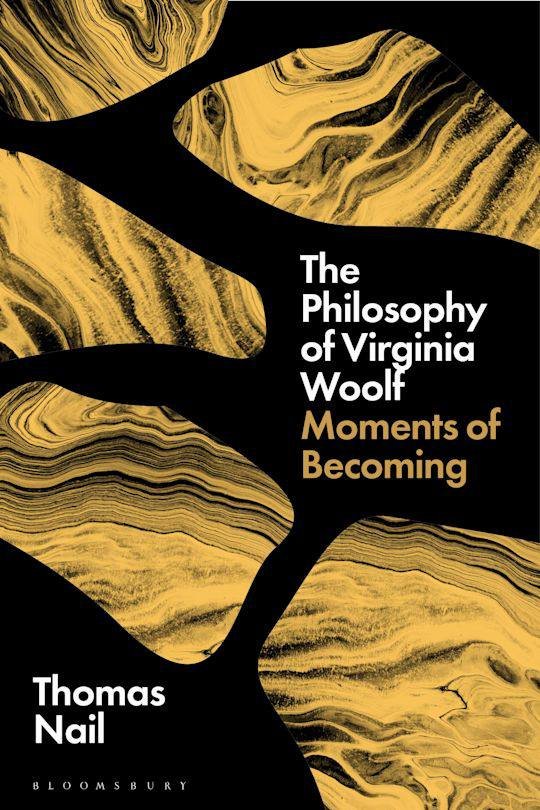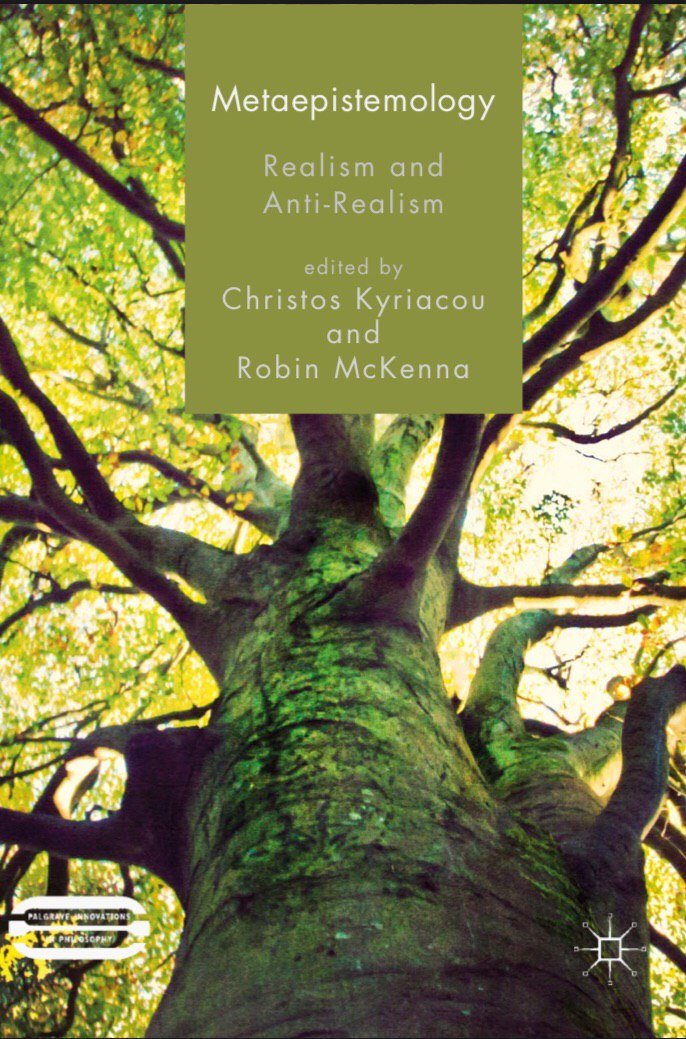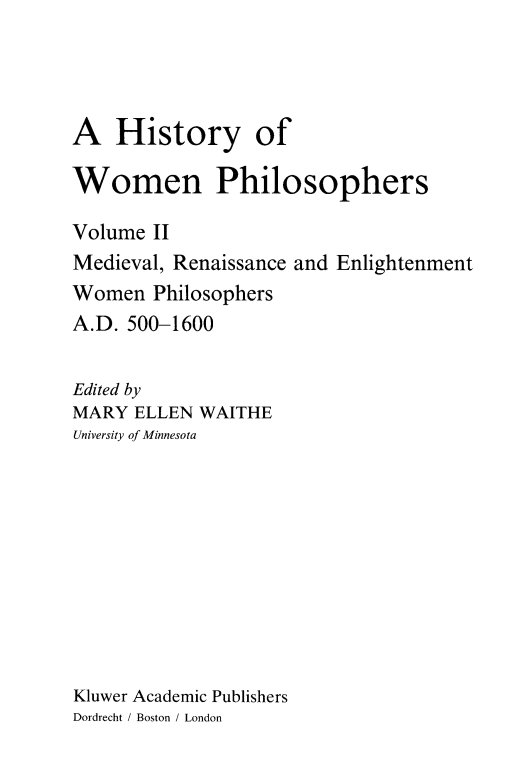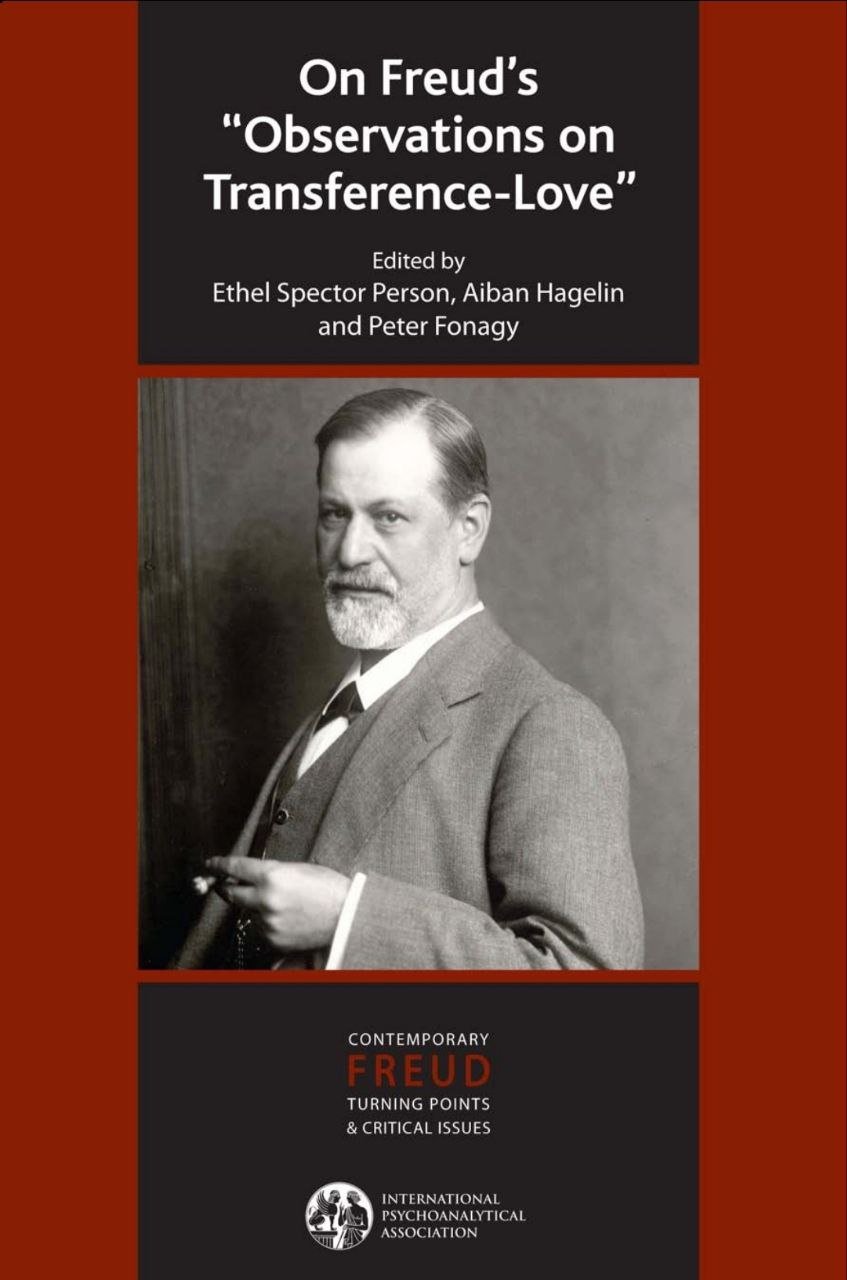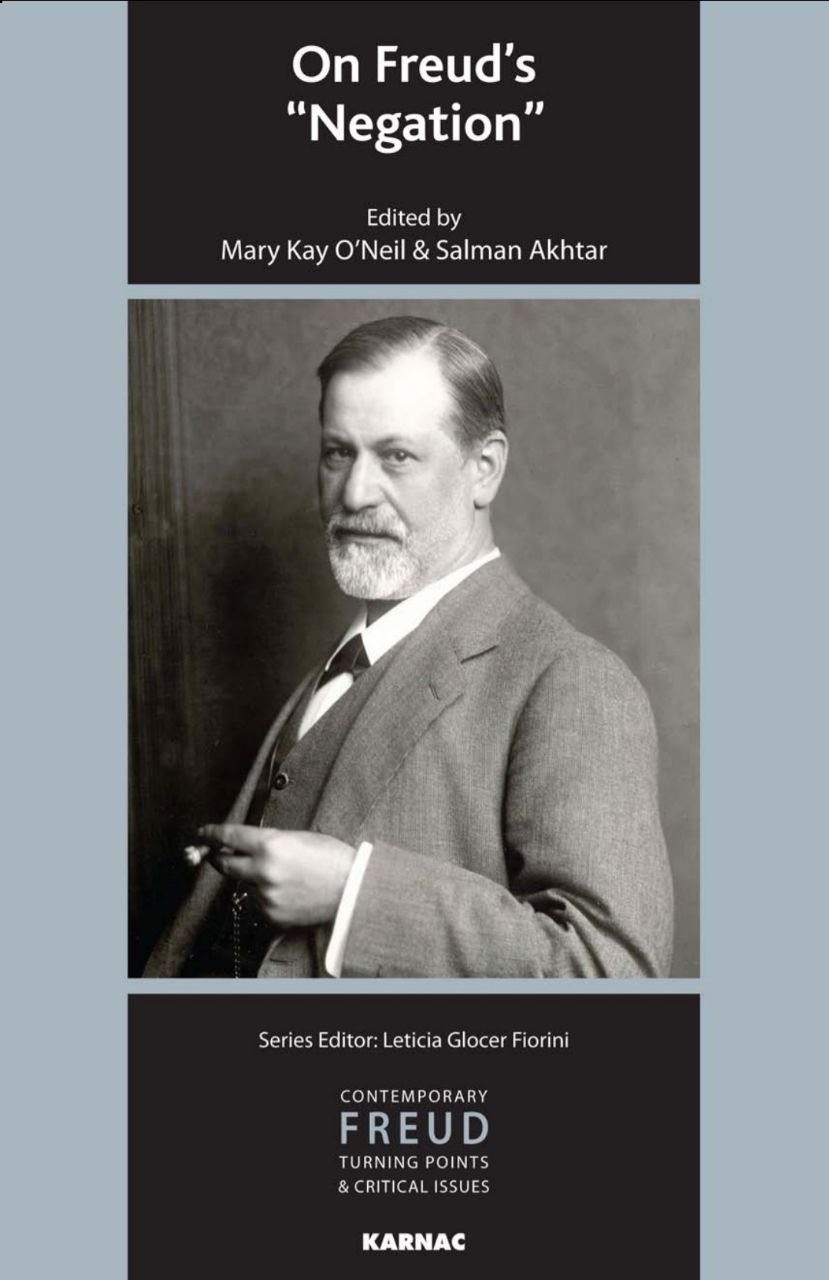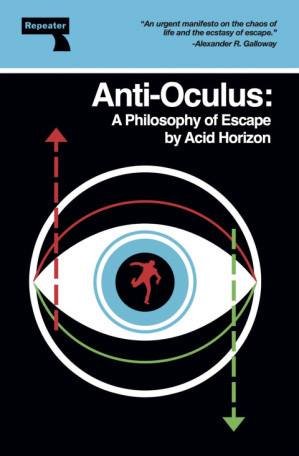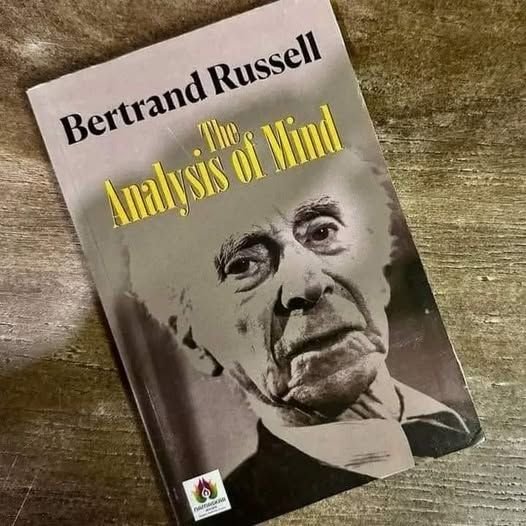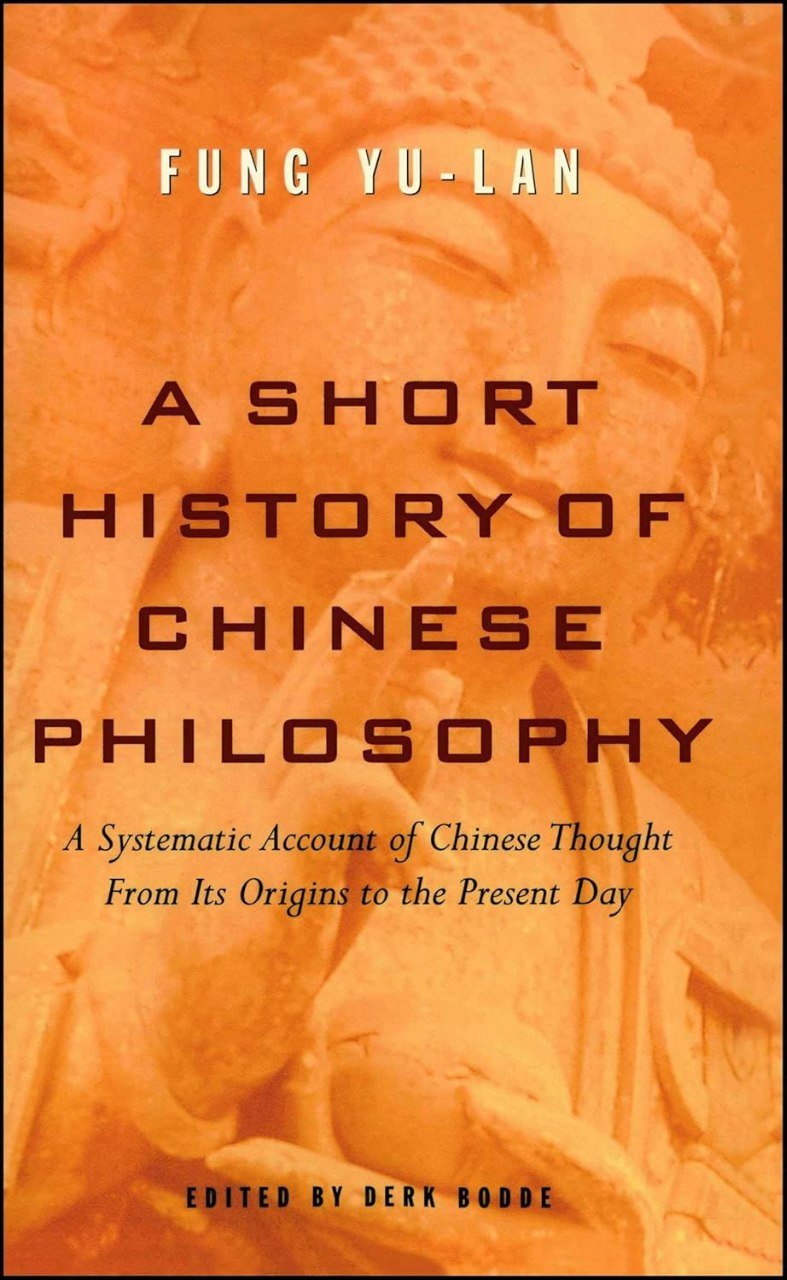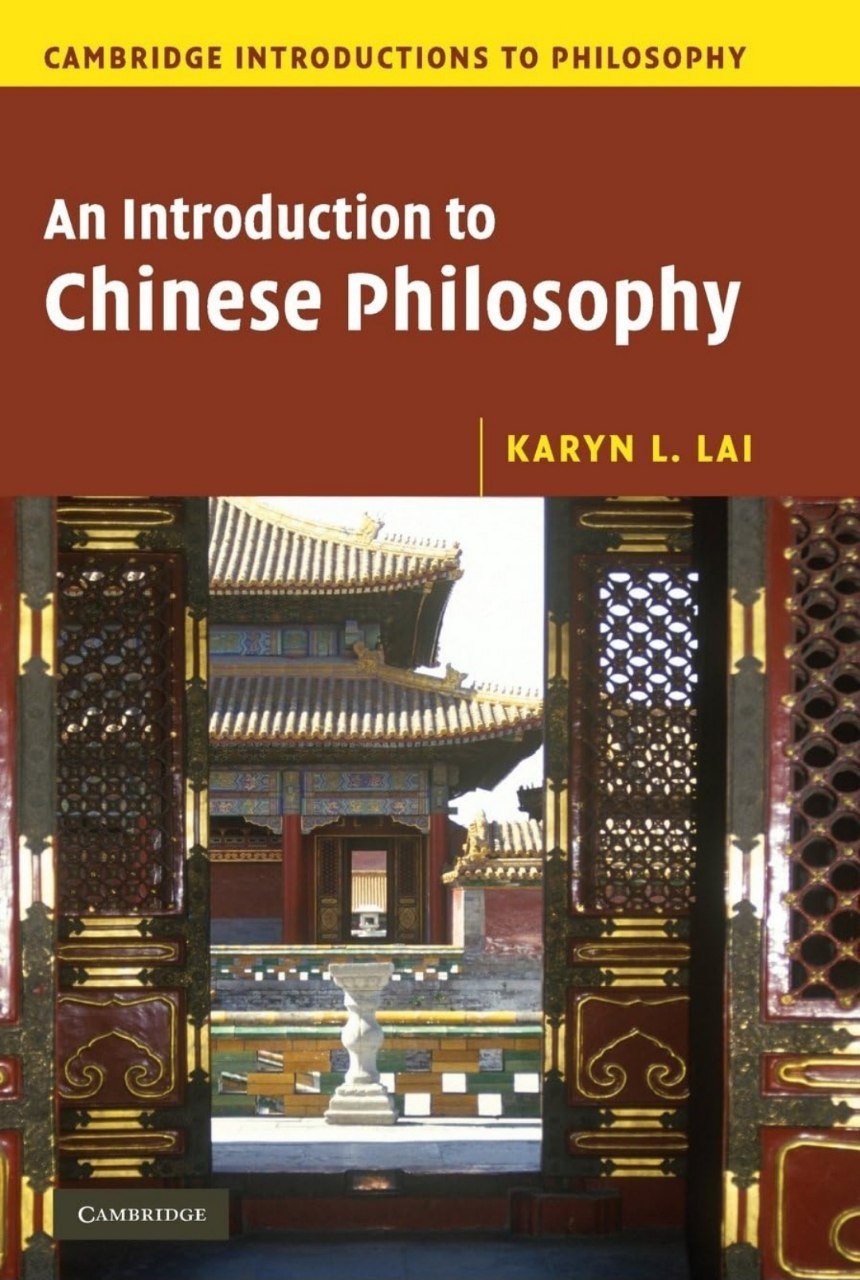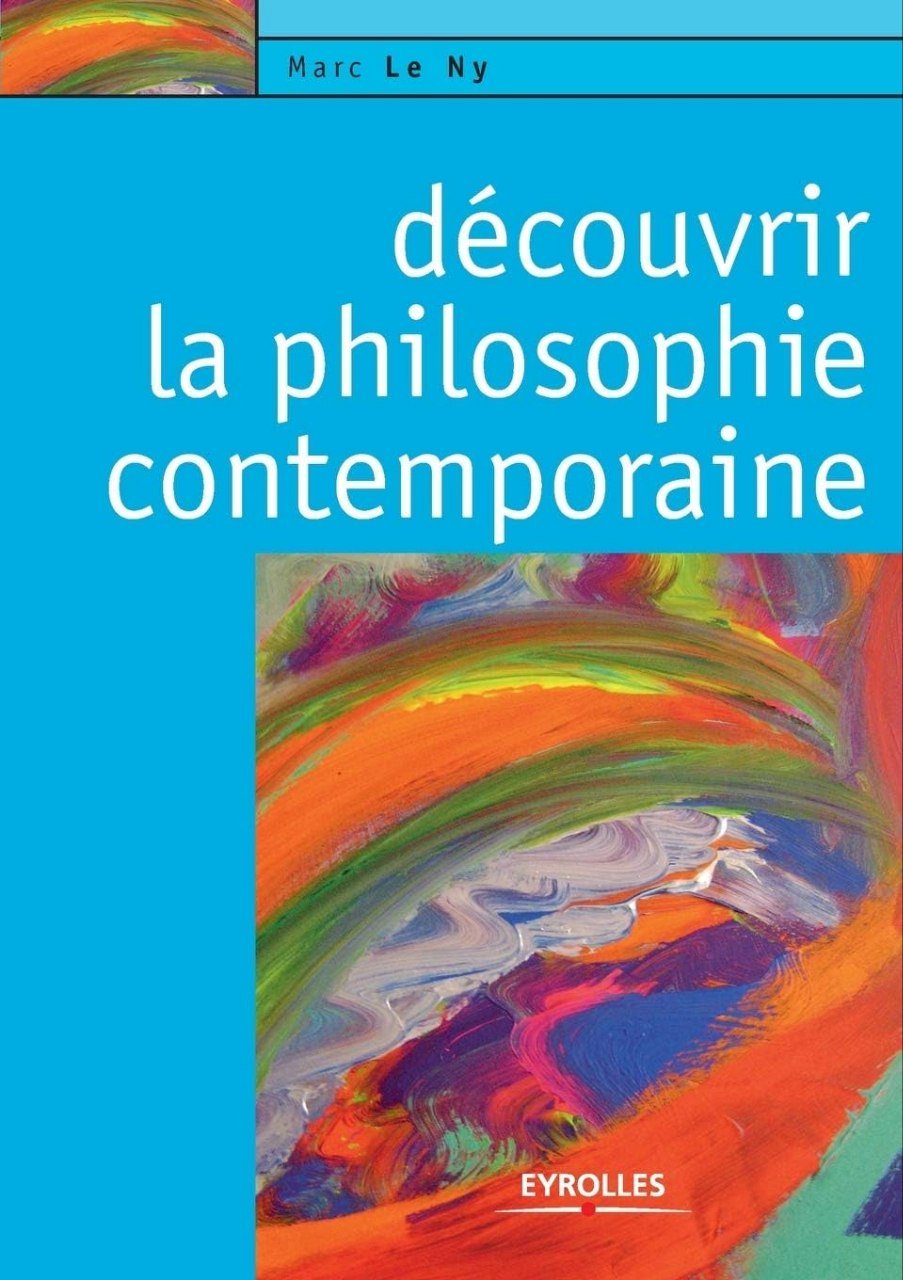

Divine Action from a Modern Islamic Perspective by Basil Altaie
Reviews
No review yet. Be the first to review this book!
Description
Divine Action from a Modern Islamic Perspective by Basil Altaie explores the concept of divine action in Islam, examining how God's will, power, and intervention manifest within the universe according to contemporary Islamic theological thought. This work is part of the broader discourse within Islamic philosophy and theology on how God's sovereignty and intervention intersect with human agency, natural law, and the course of events in the world. Overview of Divine Action from a Modern Islamic Perspective Altaie’s book addresses the modern interpretations of divine action within the Islamic worldview. The traditional Islamic understanding of divine action emphasizes the central role of God in the creation and maintenance of the universe. God’s will is seen as fundamental to all events, whether natural or human-made. However, as modernity and scientific thinking have evolved, there has been a shift in how some scholars and thinkers reconcile the idea of a transcendent God with empirical science, particularly with the laws of nature and the role of human autonomy. Altaie’s work attempts to bridge this gap by revisiting classical Islamic theology and offering an interpretation that is compatible with modernity and scientific understandings of the world, without undermining the traditional notion of God's omnipotence and agency. Key Themes and Ideas in Divine Action from a Modern Islamic Perspective Classical Islamic View of Divine Action: In classical Islamic thought, particularly as espoused by theologians like Al-Ghazali, Ibn Taymiyyah, and Fakhr al-Din al-Razi, divine action is understood as God's continuous and direct involvement in the world. Everything that happens is the result of God’s will, and He is intimately involved in every aspect of creation. This view aligns with the Ash‘ari school of thought, which emphasizes the direct causality of divine action in everything, including natural phenomena and human actions. Human Agency and Free Will: Altaie delves into the tension between divine action and human free will, a longstanding issue in Islamic theology. He discusses how Islamic thought has dealt with the apparent contradiction between God's absolute sovereignty and human autonomy. Scholars like Maturidi and Ash‘ari have proposed different views on human agency: while God’s will is supreme, human beings are still accountable for their actions. Altaie explores these views and offers insights into how divine action and human responsibility can coexist in a coherent theological framework. God’s Knowledge and the Problem of Evil: A significant aspect of divine action in Islamic thought is the issue of theodicy—the problem of evil in a world created by a good and all-powerful God. Altaie addresses how Islamic theology has historically dealt with this issue. According to classical Islamic belief, God is both just and merciful, and evil and suffering exist as part of the divine plan. Altaie explores how these classical perspectives align with modern understandings of suffering and injustice in the world, and how they can be reconciled with contemporary ethical frameworks. Divine Action and the Laws of Nature: With the advent of modern science and the formulation of natural laws, a central question arises: if everything in the universe operates according to natural laws, how does divine action fit into this framework? Altaie explores the concept of God’s continuous involvement in the universe, not necessarily by violating natural laws, but through upholding them. He suggests that God’s action in the world can be understood as both transcendent and immanent, meaning that God’s will is expressed in and through natural processes without disrupting the order of the universe. The Role of Miracles and Interventions: Altaie discusses the concept of miracles in Islam, events that defy natural laws and are seen as direct interventions by God. While modern scientific perspectives often emphasize naturalistic explanations for phenomena, Altaie argues that miracles in Islam serve as a reminder of God’s ultimate authority and power. He explores how these extraordinary events are interpreted in the context of divine action and how they can coexist with an understanding of the universe governed by natural laws. Reinterpreting Divine Action in Light of Modernity: Altaie emphasizes the need for a reinterpretation of traditional Islamic concepts in the context of the modern world. This includes a reexamination of divine omnipotence and omniscience in a way that respects both classical theological views and modern scientific discoveries. Altaie’s work contributes to the growing discourse on how Islamic theology can evolve in response to the challenges posed by modernity while maintaining its core principles. Theological Implications of Divine Action: Altaie explores the broader theological implications of understanding divine action in a modern context. He examines how Islamic thought can maintain its traditional emphasis on God’s sovereignty and power, while also engaging with contemporary philosophical debates about the nature of causality, determinism, and free will. This discussion addresses the tension between faith and reason, providing a framework for reconciling religious belief with scientific understanding. Divine Action and Ethics: The book also touches on the ethical dimension of divine action. Altaie suggests that understanding divine action is essential for developing a coherent Islamic ethics. By recognizing God’s continuous presence and involvement in the world, believers are encouraged to live in accordance with divine guidance, acting as responsible stewards of the earth while acknowledging their dependence on God’s will and mercy. Conclusion and Legacy Divine Action from a Modern Islamic Perspective is a significant contribution to the ongoing conversation about the intersection of Islamic theology and modernity. Basil Altaie’s work offers a nuanced understanding of divine action that respects classical Islamic views while incorporating modern philosophical and scientific perspectives. It addresses the complexities of reconciling the transcendence of God with the immanence of natural laws, human free will, and the role of ethics in contemporary Islamic thought. The book encourages scholars and believers alike to rethink traditional notions of divine intervention, miracles, and human agency in a way that is compatible with both Islamic doctrine and modern intellectual frameworks. By doing so, Altaie provides a fresh perspective on how divine action can be understood in the modern world, making this work an important resource for contemporary Islamic scholars and those interested in the philosophy of religion. In conclusion, Altaie’s exploration of divine action challenges readers to engage with both theological and philosophical questions that continue to shape modern Islamic thought. It advocates for a deeper understanding of God’s role in the universe that respects the mysteries of divine will while also embracing the rationality of the modern age.








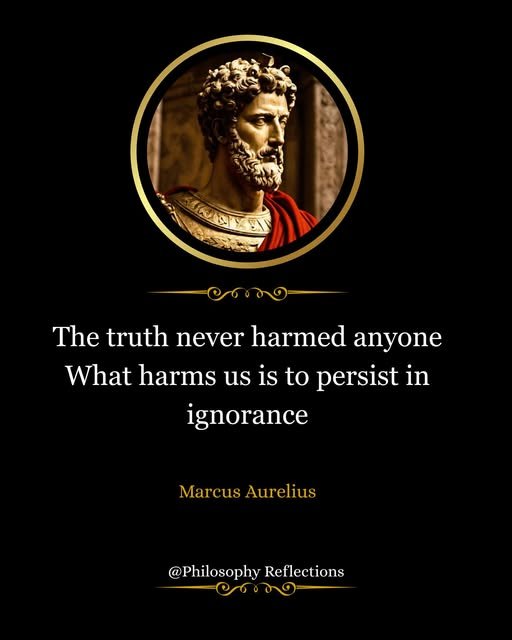








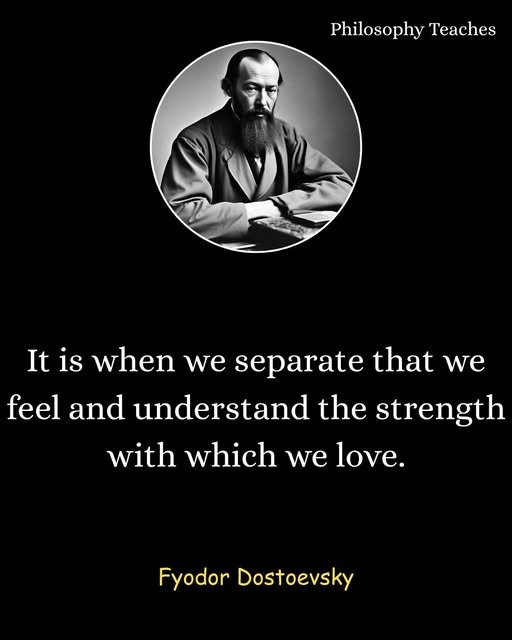




















.jpeg)

.jpg)



.jpg)

.jpeg)


.jpg)





.jpg)

.jpg)
.jpeg)
.jpg)
.png)







.jpeg)
.jpeg)










.jpg)




.jpg)







